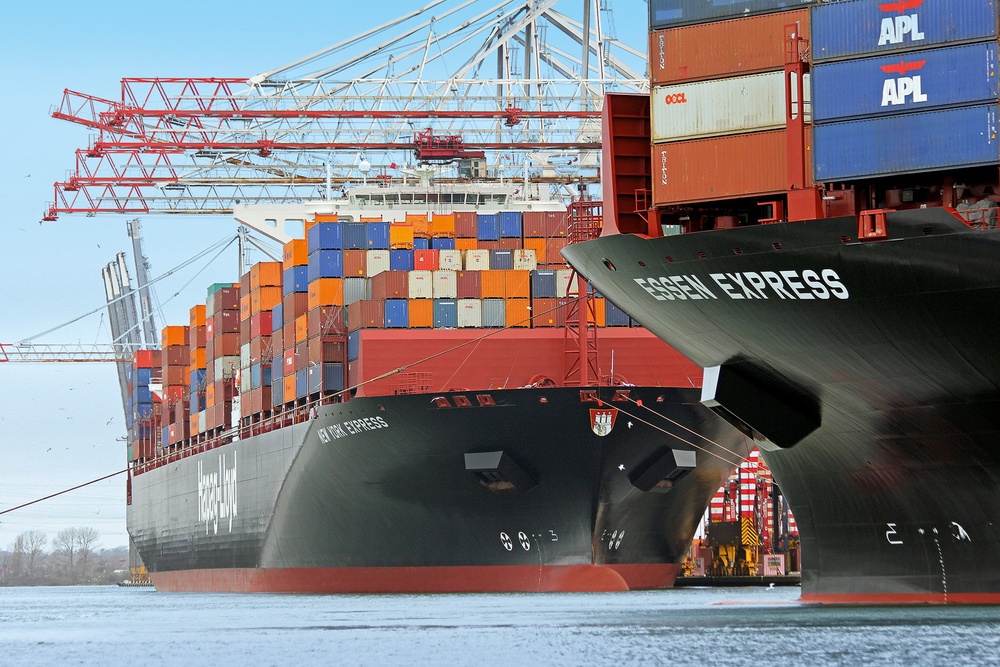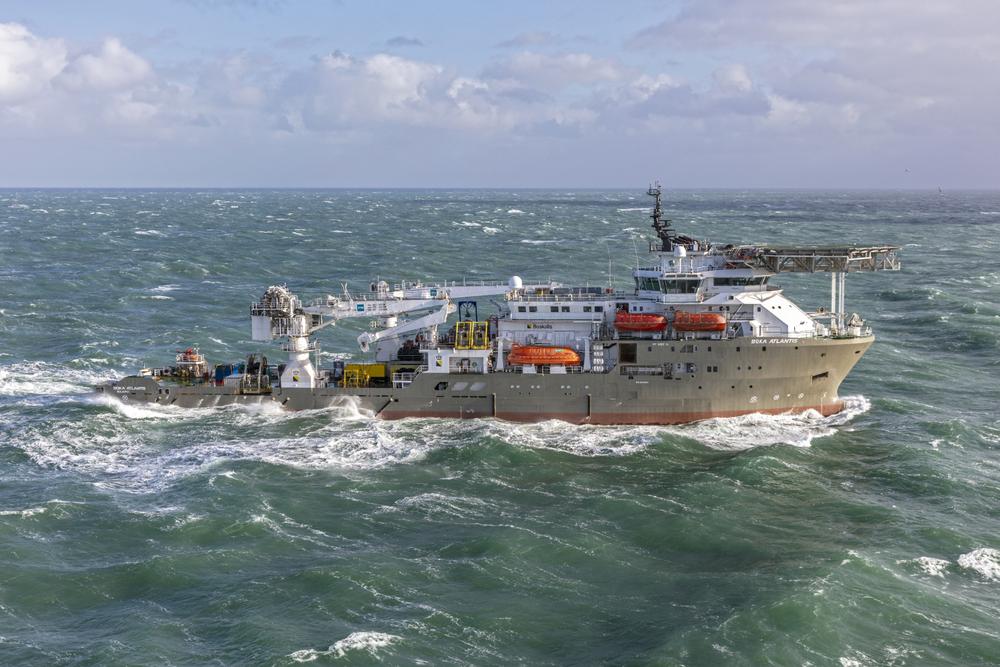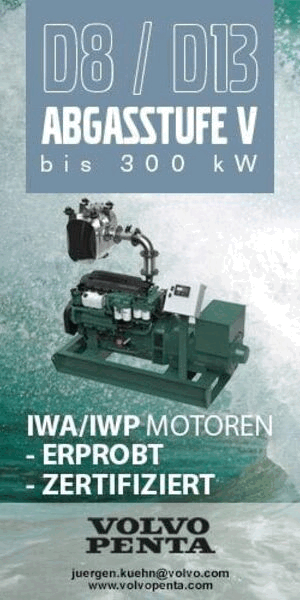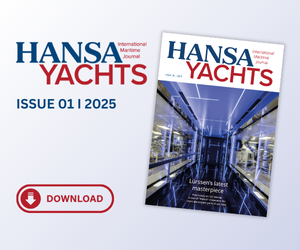Paywall
 »In this industry, change is constant«
»In this industry, change is constant«

FONASBA, the international Federation of National Associations of Ship Brokers and Agents, has just turned 50. General Manager Jonathan C. Williams talks to HANSA about past and future challenges for the organisation’s m…
Verwandte Themen










